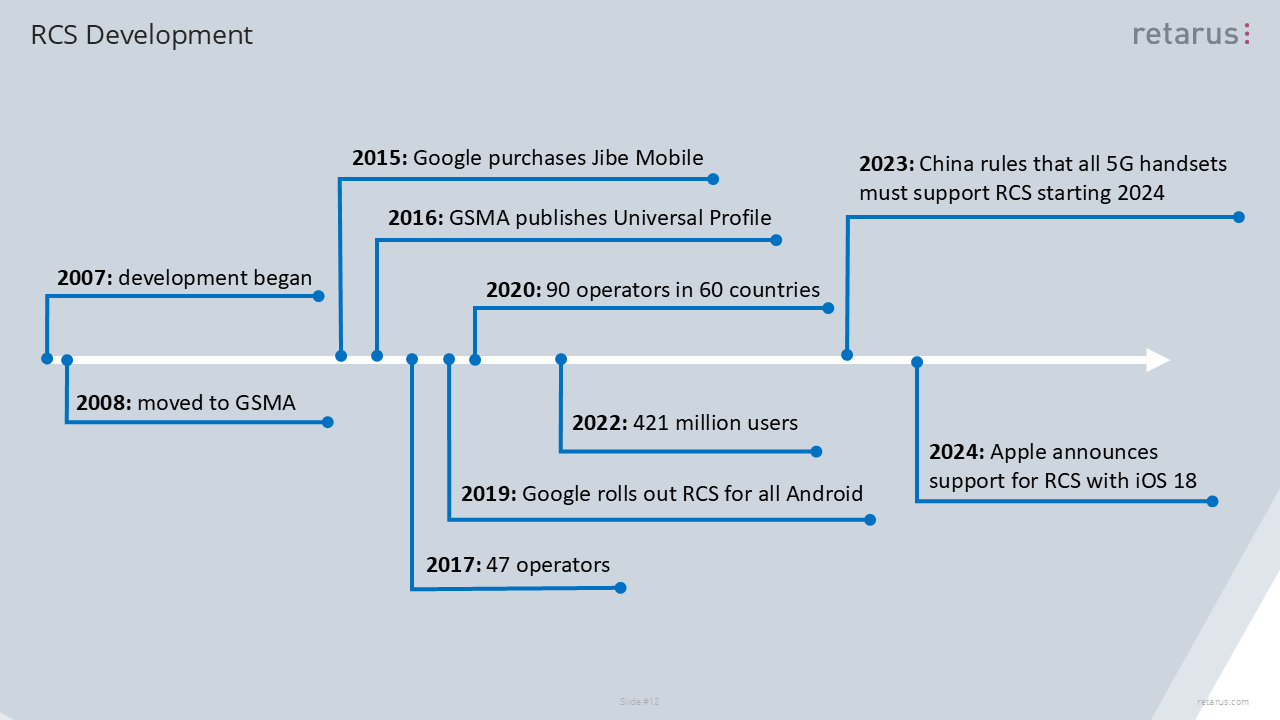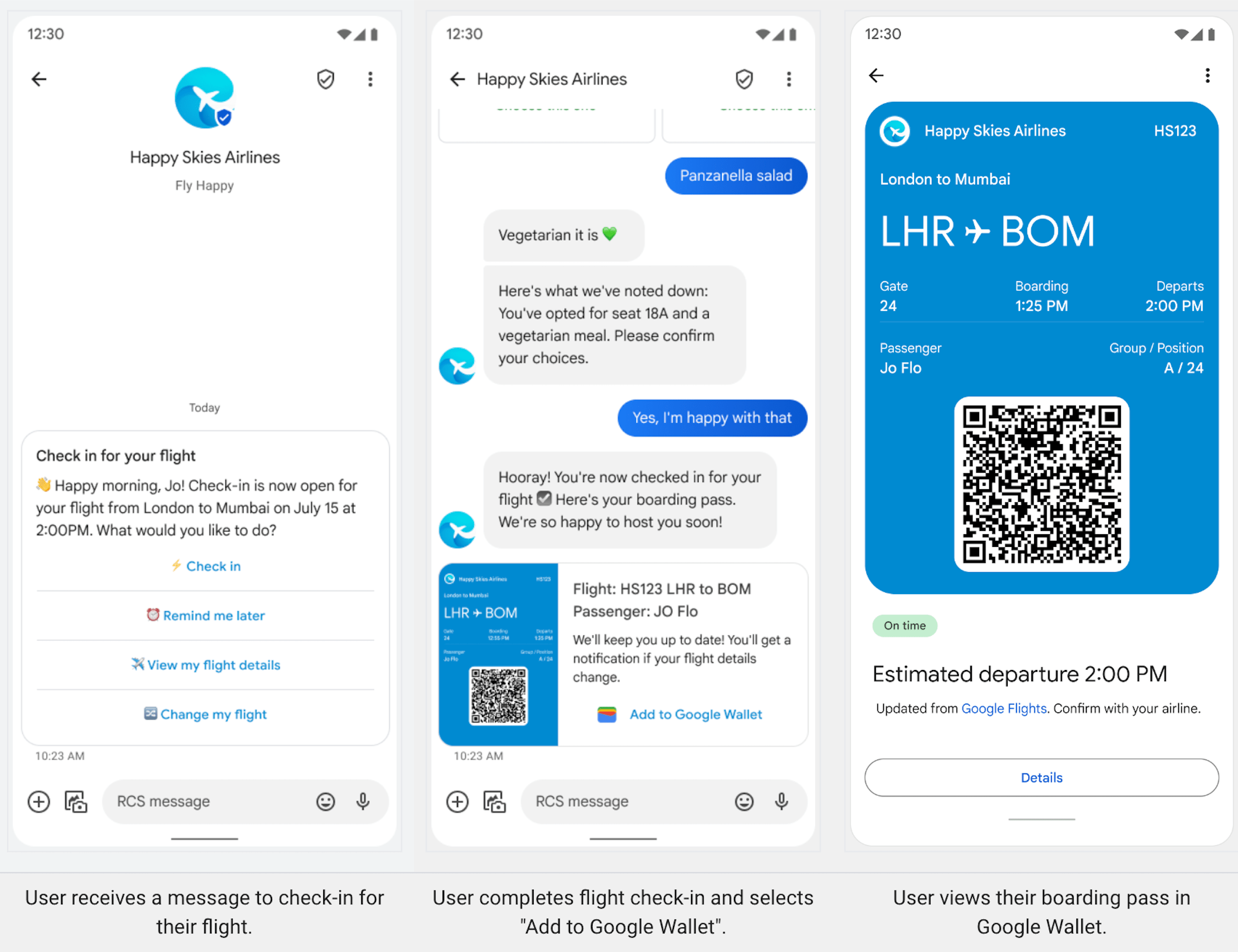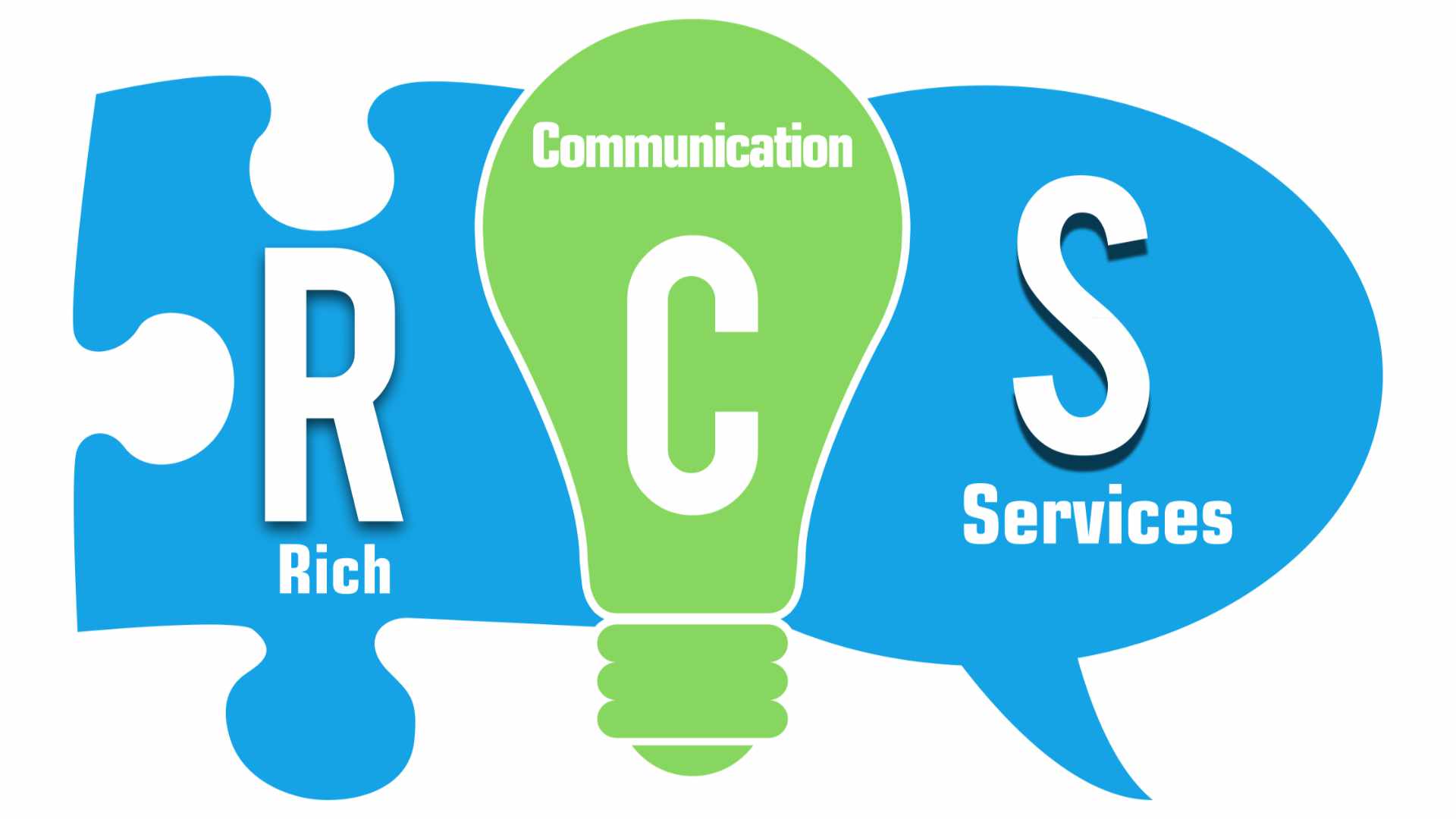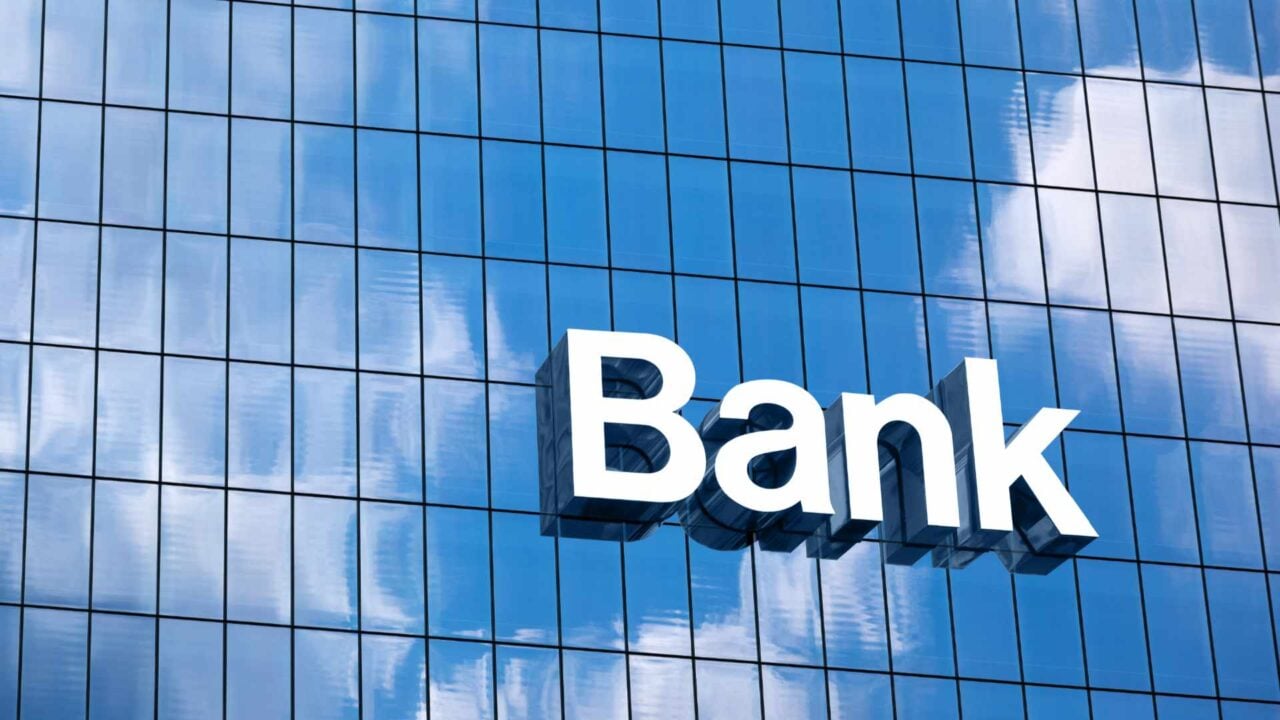RCS stands for “Rich Communication Services”. This value-add addition to SMS/MMS has a plethora of benefits to offer for enterprises and consumers alike.
RCS has been in the making for quite some time. The IP-based standard was actually conceived back in 2007; the first specification was adopted by the mobile communications industry association GSMA in 2008. Its overall aim was to bring the traffic and revenue streams that network operators were used to from SMS into the age of the mobile internet and to regain the influence against individual “over-the-top” (OTT) services like WhatsApp, Facebook Messenger, Signal etc. In retrospect, this did not really work.

One of the reasons for the initially slow adoption of RCS was the fact that Apple completely ignored it, relying on its proprietary iMessage instead, which only worked between Apple devices and used SMS as a fallback for Android users. After much persuasion (and pressure from the EU) Apple finally supports RCS with iOS 18, which was released on September 16, 2024.
Android sponsor Google, on the other hand, has been an outspoken advocate of RCS for some time. In 2015, it acquired the RCS cloud service Jibe Mobile and developed the new RCS standard Universal Profile together with the GSMA. This was adopted at the end of 2016 and since then has finally led to a greater spread of RCS among carriers and device manufacturers.
RBM: Specifically for companies
With RCS Business Messaging, or RBM for short, there is also a version of RCS specifically for enterprise A2P communication. RBM offers special functions such as branding, verified senders, ready-made quick replies or rich cards, even in carousel display. These are provided via a MaaP server (Messaging-as-a-Platform) integrated into the carrier network.
Compared to SMS, RBM offers companies many advantages such as:
- Verified sender
- Alphanumeric sender
- Delivery and read receipts
- Branding
- Communication in both directions (“two-way”)
- Contact page
- Additional rich media
- Clearly defined A2P channel without “Grey Routes”
Retarus will therefore roll out RBM features to their SMS customers over time. Initially, branding and verified senders will become available for all SMS services, allowing companies to significantly enhance their messaging very easily. If a network operator or recipient does not yet support RCS or RBM, the message will be sent as a traditional SMS.

For companies that want to use RBM via Retarus, we have to register corresponding “agents” with Google and network operators. This includes registering the name, billing type, the planned purpose (OTP / Promotional / Transactional / Dual (Promotional + Transactional)) with options for opt-in / opt-out and the desired branding. Our experts will be happy to help you with this.
We will introduce more extensive RBM functions such as multimedia, file attachments and rich cards / carousels over time. For those interested in RBM, we recommend our recent webinar. And as soon as we can announce further RCS features, you will find them here as usual.




